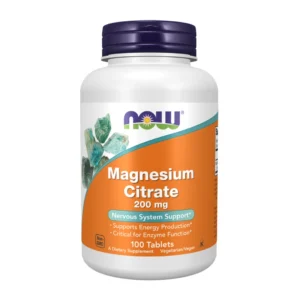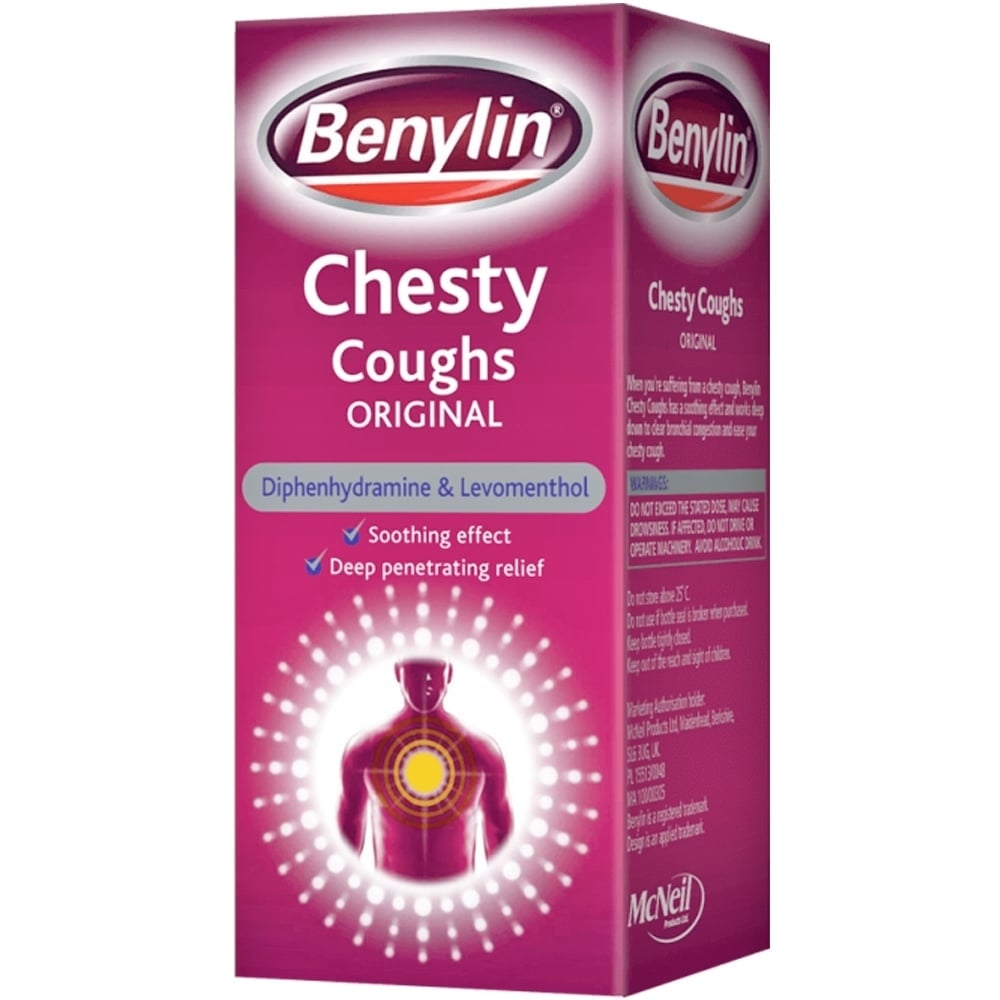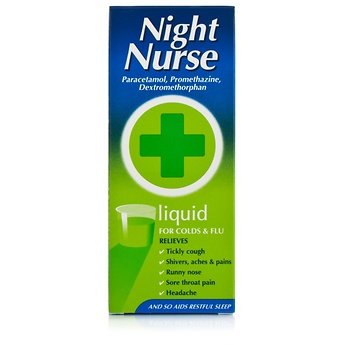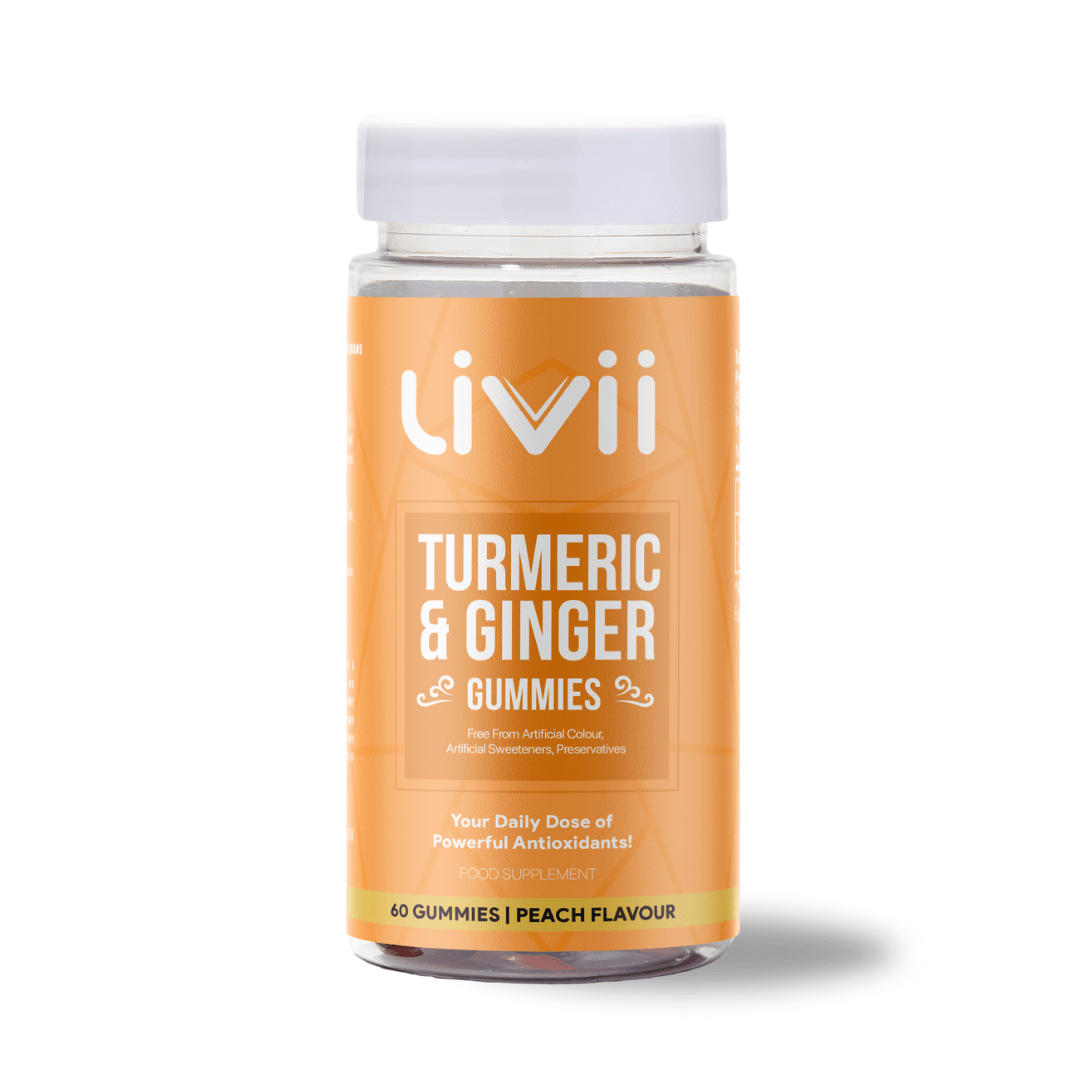High blood pressure, or hypertension, is often referred to as the “silent killer.” This is because it typically doesn’t present any obvious symptoms until it’s too late, putting millions of people at risk of life-threatening conditions like heart disease, stroke, and kidney failure. The truth is, high blood pressure can develop over time without you even knowing it, and by the time you do notice symptoms, the damage could already be done. That’s why it’s crucial to understand this common condition, how to spot it, and most importantly, how to prevent and manage it.
What is High Blood Pressure?
To understand high blood pressure, let’s break it down. Your heart pumps blood through your arteries, delivering oxygen and nutrients to your organs and tissues. The force with which the blood presses against the walls of the arteries is known as blood pressure. It’s measured using two numbers:
- Systolic pressure (the top number) is the force when your heart beats.
- Diastolic pressure (the bottom number) is the force when your heart rests between beats.
A normal blood pressure reading is typically around 120/80 mm Hg. When your blood pressure consistently reads above 130/80 mm Hg, it’s considered high. However, many people don’t experience noticeable symptoms until their numbers are dangerously high.
Why High Blood Pressure is So Dangerous
High blood pressure can harm your body in many ways. The increased force of blood against the artery walls can cause the walls to become thicker and less flexible. Over time, this can lead to a condition called arteriosclerosis (narrowing and hardening of the arteries), which reduces blood flow and can lead to heart attacks and strokes.
In addition, the strain on the heart from constantly pumping against higher blood pressure can cause it to become enlarged or weakened, a condition known as heart failure. Hypertension also increases the risk of kidney damage, vision loss, and even dementia.
The scary part about high blood pressure is that, for most people, there are no immediate symptoms to warn them. That’s why it’s often not detected until a serious complication occurs. The longer hypertension goes untreated, the greater the damage it can cause to your organs and systems.

Who Is at Risk for High Blood Pressure?
While high blood pressure can affect anyone, there are certain factors that can increase your risk:
- Age: Blood pressure tends to increase with age, so older adults are at a higher risk.
- Family History: If your parents or close relatives had high blood pressure, your risk is elevated.
- Obesity: Being overweight or obese puts more strain on your heart and can increase your risk.
- Sedentary Lifestyle: Lack of physical activity leads to a weaker heart and increased blood pressure.
- Poor Diet: A diet high in salt, processed foods, and unhealthy fats can raise blood pressure.
- Excessive Alcohol Consumption: Drinking too much alcohol can increase blood pressure over time.
- Chronic Stress: Long-term stress can contribute to high blood pressure, especially if it’s coupled with unhealthy coping mechanisms like overeating or smoking.
- Smoking: Smoking damages blood vessels and raises blood pressure.
How to Prevent High Blood Pressure
The good news is that high blood pressure is largely preventable with lifestyle changes. Here are some tips for keeping your blood pressure in check:
- Maintain a Healthy Weight: Being overweight or obese can increase your risk of developing high blood pressure. A balanced diet, regular exercise, and maintaining a healthy weight can help you manage your blood pressure levels.
- Exercise Regularly: Aim for at least 30 minutes of moderate-intensity exercise most days of the week. Physical activity strengthens the heart and improves blood flow, helping to lower blood pressure.
- Eat a Heart-Healthy Diet: Focus on a diet rich in fruits, vegetables, whole grains, lean proteins, and low-fat dairy. The DASH (Dietary Approaches to Stop Hypertension) diet has been proven to reduce blood pressure by emphasizing these foods while cutting back on sodium and saturated fats.
- Reduce Salt Intake: Too much salt in your diet can cause your body to retain water, increasing your blood pressure. Aim for less than 2,300 mg of sodium per day (ideally, under 1,500 mg for those at risk of hypertension).
- Limit Alcohol: Drink in moderation—no more than one drink a day for women and two for men. Excessive alcohol consumption can raise blood pressure.
- Quit Smoking: The nicotine in cigarettes causes your blood vessels to constrict, raising your blood pressure. Quitting smoking can improve your blood pressure and overall heart health.
- Manage Stress: Chronic stress contributes to high blood pressure. Find healthy ways to cope with stress, such as exercise, meditation, yoga, or spending time with loved ones.

How to Manage High Blood Pressure
If you’ve been diagnosed with high blood pressure, don’t panic. While it’s important to take your condition seriously, it’s also highly manageable with the right steps. Here’s what you can do:
- Monitor Your Blood Pressure: Regularly check your blood pressure at home or at your doctor’s office. Tracking your readings can help you spot any troubling trends early.
- Take Prescribed Medications: If lifestyle changes aren’t enough to control your blood pressure, your doctor may prescribe medications. These might include diuretics, beta-blockers, ACE inhibitors, or calcium channel blockers. Be sure to take them as prescribed and follow up with your healthcare provider to monitor progress.
- Reduce Stress: Finding ways to relax can lower your blood pressure. Meditation, deep breathing exercises, and even simple relaxation techniques like taking a warm bath can help reduce your stress levels.
- Get Enough Sleep: Sleep is crucial for overall health, and a lack of it can contribute to high blood pressure. Aim for 7-9 hours of quality sleep each night.
- Stay Hydrated: Drinking enough water helps your blood circulate smoothly, which can support healthy blood pressure levels.

The Bottom Line: Take Control Now
High blood pressure may be silent, but that doesn’t mean it has to sneak up on you. By understanding the risks, symptoms, and lifestyle changes needed to prevent and manage hypertension, you can take control of your health and protect yourself from serious complications down the road.
The key is regular monitoring and proactive measures—whether it’s getting your blood pressure checked, making healthier food choices, or sticking to a fitness routine. With the right approach, you can keep your heart healthy, your blood pressure in check, and live a longer, more vibrant life.
If you’re concerned about your blood pressure or have a family history of hypertension, don’t wait until it’s too late. Make an appointment with your doctor, get tested, and take the steps needed to ensure your heart—and your entire body—stay in great shape.
Your health is in your hands—don’t let high blood pressure control it!
________
Disclaimer: Health articles on medical conditions are for information only and do not form a basis for diagnosis. We recommend that if you have any concerns, speak to your doctor or pharmacist for further help and guidance.








